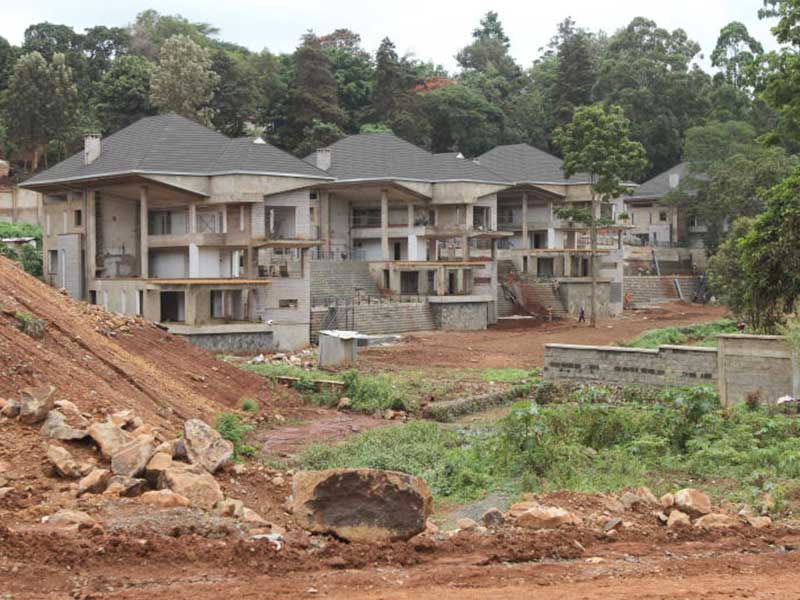×
The Standard e-Paper
Kenya’s Boldest Voice

A National Assembly committee touring Nairobi’s waterways was shocked at the extent of encroachment.
The MPs, who were investigating the annexing of riparian land in the city, visited a mall in Madaraka Estate with the Ngong River running beneath it.